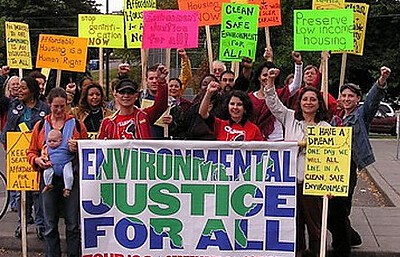Chinese Willingness to Pay for Clean Air
In joint research with several of my friends, in this recently published paper we use cross- Chinese city data on real estate prices and ambient air pollution to measure the rent premium in cleaner cities. The benefits of any environmental regulation hinge on its causal impact on ambient pollution and on how much people value a reduction in pollution and on how many people are exposed. Our work provides new estimates on the 2nd factor. A novel feature of our paper is that we recognize that a city’s air pollution could be positively correlated with home prices. Consider a booming Chinese industrial city featuring high steel production due to export opportunities. This city would feature high home prices and high air pollution. In this sense, air pollution could be pro-cyclical and simply proxy for local booms. To avoid this “omitted variables bias”, we introduce an instrumental variables approach in which we exploit wind patterns and proximity to major dust storms and nearby high emitting cities. Intuitively, if your city (such as Hong Kong) imports a lot of emissions from other areas, your city’s pollution can be high even if your own industries did not produce the pollution. This statistical strategy reduces the concern about “omitted variables bias” that I discussed above. For a U.S example of this approach, read this paper.







Reader Comments